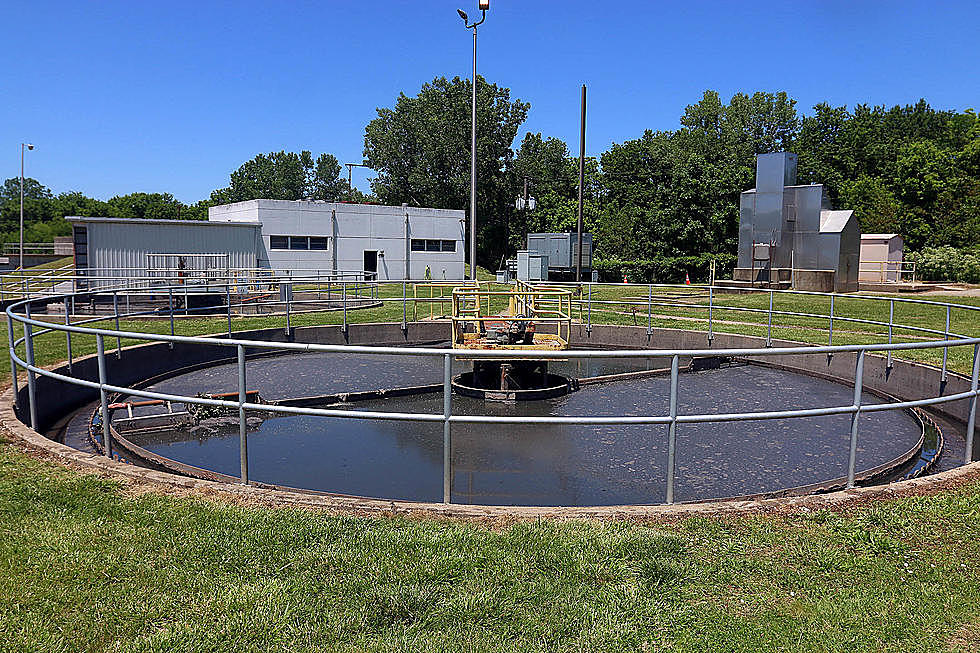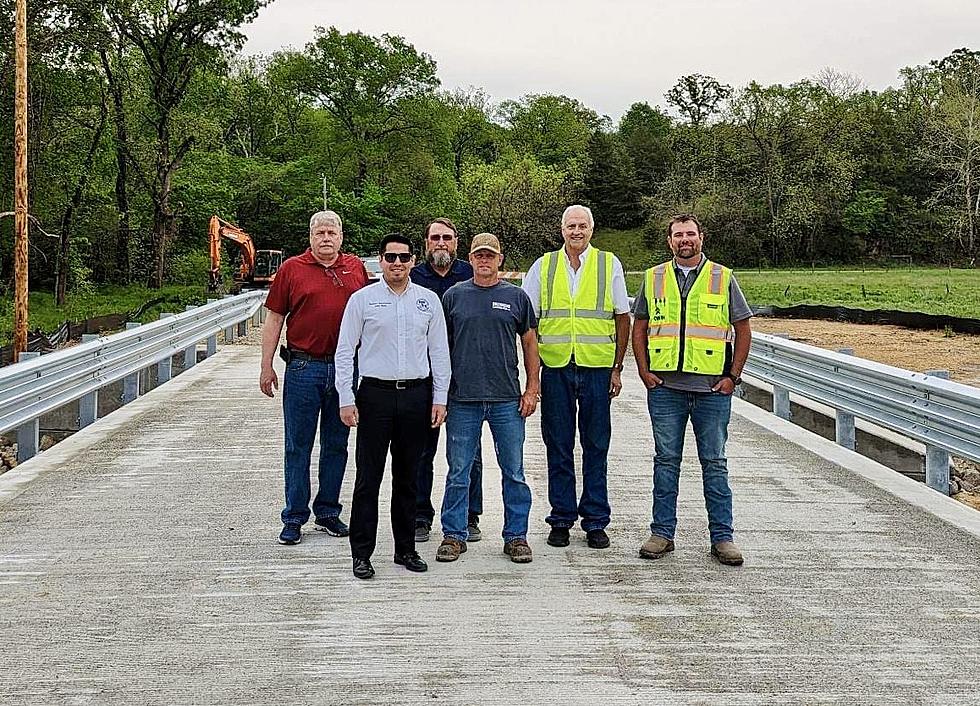
‘Pettis County First’ Meets With Commissioners
About a dozen people came to the Pettis County Commissioner's Chambers at the Pettis County Courthouse, 415 S. Ohio, on Wednesday morning to speak with all three Commissioners about a proposed landfill in western Pettis County.
The meeting actually started at 9:24 a.m., with the arrival of Pettis County Prosecuting Attorney Phillip Sawyer, who was delayed by family obligations.
David Gerken, representing Pettis County First, spoke first, asking the Commissioners collectively, “are you with us or against us?”
Eastern Commissioner Baeza, much later in the meeting, said he “cannot support this landfill,” while Western Commissioner Jim Marcum said he did not like the location of the proposed landfill, between Dresden and La Monte, “but I still feel like we need one.” Marcum later pointed out that the land where the site is proposed (625 acres) was sold to the Pettis County Development Company.
Presiding Commissioner David Dick said he doesn't want the landfill next to him. “I want to help you all I can, but we have to be careful how we do that, so we don't spend a half million dollars in court, and lose,” he said.
Sawyer, in his statements, said that “there is inherent belief that the Commissioners have power. But they have no unilateral authority to act.”
In addition, there is no planning and zoning commission for the County of Pettis. It was noted that the issue was brought before the voters three times in the last 50 years, and it was defeated all three times, each time by an increasingly larger margin.
In the late 1970s, Missouri passed a solid waste law. Pettis County is a Class 2 county, while most other counties are Class 3.
According to Sawyer's reading of State Statute Chapter 260.215, Pettis County is exempt, and “they have statutory authority to act if they so choose” when it comes to regulatory action.
The State DNR already regulates solid waste, and “anything you do is subject to lawsuit” Sawyer said. Any regulations proposed by the county must be neutral, reasonable and unbiased. “I think the authority exists, but it's very difficult to act.”
After the 90-plus minute meeting, Gerken said he feels like the “County Commissioners are trying to work with us now and for the county, and it's just going to take some time to get an ordinance up, and see what they can do with it, but they are working on it now.”
Gerken mentioned the group's website www.pettiscountyfirst.com and noted there will be future meetings.
Eastern Commissioner Baeza said after the meeting that it is important to keep the lines of communication open.
“We want to help. And we want to make sure we give them the right resources as well. The big thing is, we want to make sure we're on the right side of the law. We can say a lot of things, but we need to make sure they they can actually hold up once we approve them (regulations),” Baeza said.
“I think they wanted some reassurance that we are willing to work with them. I think that's very important, they were able to hear from all three of us and ask us any questions that had regarding this,” he added.
The next step, Baeza said, is to see what authority the County has in regards to solid waste management and landfills. “It is an area that counties usually don't focus on. Counties don't have the infrastructure to take care of that; obviously the state (DNR) does. So we need to figure out, if we decide to write an ordinance, it has to accomplish what we want here in Pettis County, but we have to rely on DNR for those resources (permitting, testing, investigations, etc,) and the county does not offer any type of permits for landfills. That's something that's exclusive to the State,” Baeza told KSIS.
He added that Pettis County is not trying to be a regulatory agency.
The DNR uses strict EPA standards in its rulings, he noted.
“I think we do need to voice the concerns of the citizens of Pettis County. That is something we really want to accomplish and want to do, moving forward. We want to make sure (landfills) are not going into areas of the county that could be harmful to the citizens or could cause a nuisance,” Baeza concluded.
Check Out the Best-Selling Album From the Year You Graduated High School
More From KIX 105.7










